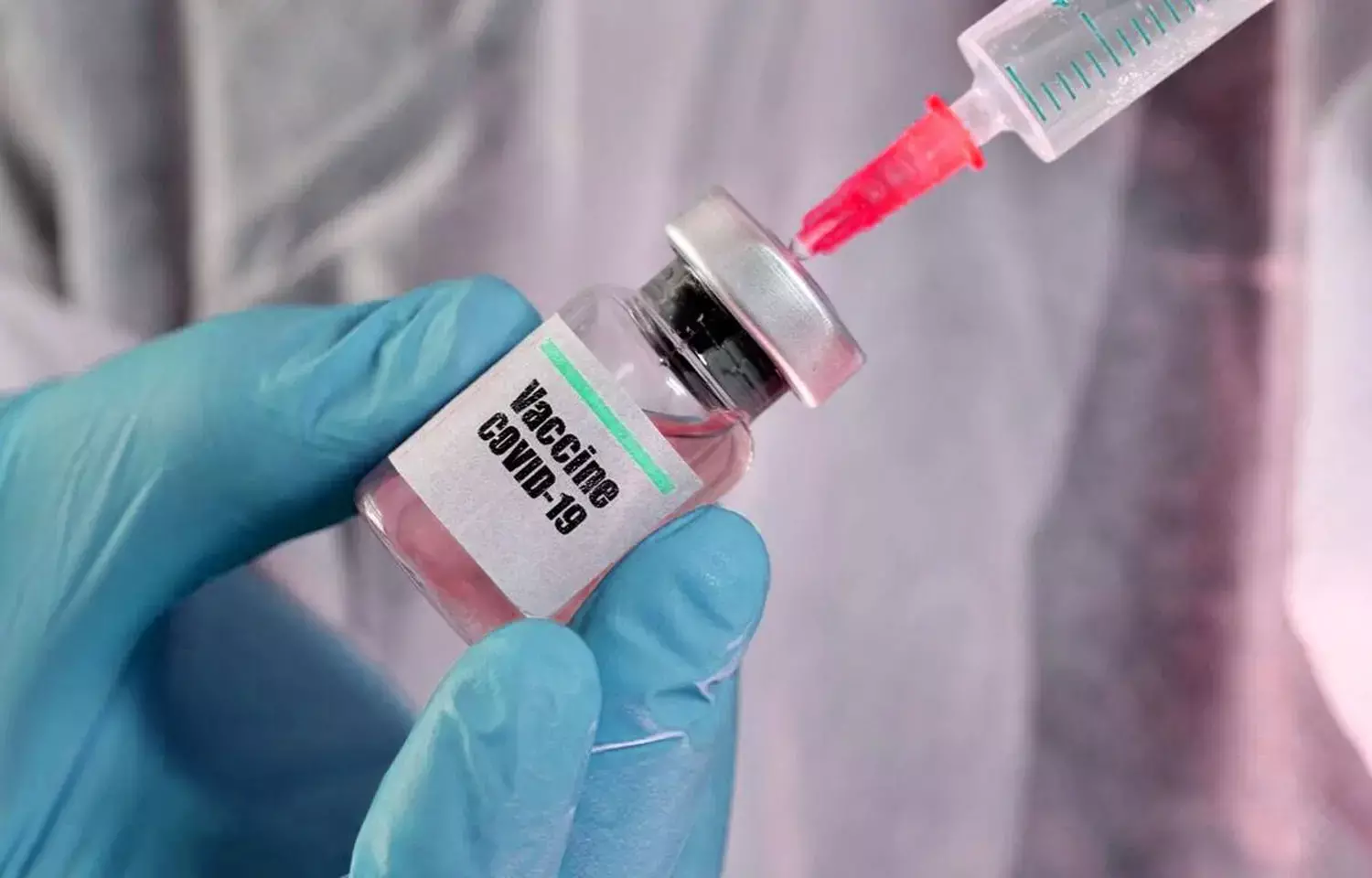- Home
- Medical news & Guidelines
- Anesthesiology
- Cardiology and CTVS
- Critical Care
- Dentistry
- Dermatology
- Diabetes and Endocrinology
- ENT
- Gastroenterology
- Medicine
- Nephrology
- Neurology
- Obstretics-Gynaecology
- Oncology
- Ophthalmology
- Orthopaedics
- Pediatrics-Neonatology
- Psychiatry
- Pulmonology
- Radiology
- Surgery
- Urology
- Laboratory Medicine
- Diet
- Nursing
- Paramedical
- Physiotherapy
- Health news
- Fact Check
- Bone Health Fact Check
- Brain Health Fact Check
- Cancer Related Fact Check
- Child Care Fact Check
- Dental and oral health fact check
- Diabetes and metabolic health fact check
- Diet and Nutrition Fact Check
- Eye and ENT Care Fact Check
- Fitness fact check
- Gut health fact check
- Heart health fact check
- Kidney health fact check
- Medical education fact check
- Men's health fact check
- Respiratory fact check
- Skin and hair care fact check
- Vaccine and Immunization fact check
- Women's health fact check
- AYUSH
- State News
- Andaman and Nicobar Islands
- Andhra Pradesh
- Arunachal Pradesh
- Assam
- Bihar
- Chandigarh
- Chattisgarh
- Dadra and Nagar Haveli
- Daman and Diu
- Delhi
- Goa
- Gujarat
- Haryana
- Himachal Pradesh
- Jammu & Kashmir
- Jharkhand
- Karnataka
- Kerala
- Ladakh
- Lakshadweep
- Madhya Pradesh
- Maharashtra
- Manipur
- Meghalaya
- Mizoram
- Nagaland
- Odisha
- Puducherry
- Punjab
- Rajasthan
- Sikkim
- Tamil Nadu
- Telangana
- Tripura
- Uttar Pradesh
- Uttrakhand
- West Bengal
- Medical Education
- Industry
Study finds Pfizer, Oxford vaccines reduce severe COVID-19 in elderly

Data suggests that in the over 80s, a single dose of either vaccine is more than 80 per cent effective at preventing hospitalisation, around 3 to 4 weeks after the jab, PHE said in a statement.
London: The Pfizer and Oxford-AstraZeneca vaccines for COVID-19 are highly effective in reducing severe coronavirus infection among people aged 70 years and above, according to a study.
The research, posted as a pre-print and yet to be peer-reviewed, estimated the effect of both the COVID-19 vaccines on laboratory confirmed symptomatic disease in individuals aged 70 years or older in England.
The researchers, including those from Public Health England (PHE), compared the rate of hospitalisation and deaths in confirmed COVID-19 patients aged over 80 who were vaccinated more than 14 days before testing positive, with unvaccinated cases.
Data suggests that in the over 80s, a single dose of either vaccine is more than 80 per cent effective at preventing hospitalisation, around 3 to 4 weeks after the jab, PHE said in a statement.
Evidence for the Pfizer vaccine suggests that it leads to 83 per cent reduction in deaths from COVID-19, it said.
The data also shows symptomatic infections in over 70s decreased from around three weeks after one dose of both vaccines.
"Vaccination with either a single dose of Pfizer or Oxford-AstraZeneca COVID-19 vaccination was associated with a significant reduction in symptomatic SARS-CoV2 positive cases in older adults with even greater protection against severe disease," said the authors of the study, adding both the vaccines show similar effects.
They said the protection was maintained for the duration of over six weeks of follow-up, and there is a clear effect of both the vaccines against the UK variant of concern.
"This is extremely good news. In fact, the detailed data shows that the protection that you get from catching Covid, 35 days after a first jab, is even slightly better for the Oxford jab than for Pfizer, albeit both results are clearly very strong," said UK Health Secretary Matt Hancock.
"These results may also help explain why the number of Covid admissions to intensive care units among people over 80 in the UK have dropped to single figures in the last couple of weeks," he said.
Experts say the new analysis adds to growing evidence that the vaccines are working, and are highly effective in protecting people against severe illness, hospitalisation and death.
"This adds to growing evidence showing that the vaccines are working to reduce infections and save lives," Mary Ramsay, PHE Head of Immunisation, said in the statement.
"While there remains much more data to follow, this is encouraging and we are increasingly confident that vaccines are making a real difference," Ramsay said.
However, she cautioned that the protection is not complete and it is not known yet how much these vaccines will reduce the risk of someone passing the coronavirus onto others.
"Even if you have been vaccinated, it is really important that you continue to act like you have the virus, practise good hand hygiene and stay at home," Ramsay added.
England''s Deputy Chief Medical Officer, Professor Jonathan Van-Tam, said the data offered a glimpse of how the vaccine programme "is going to hopefully take us into a very different world in the next few months".
Ruchika Sharma joined Medical Dialogue as an Correspondent for the Business Section in 2019. She covers all the updates in the Pharmaceutical field, Policy, Insurance, Business Healthcare, Medical News, Health News, Pharma News, Healthcare and Investment. She has completed her B.Com from Delhi University and then pursued postgraduation in M.Com. She can be contacted at editorial@medicaldialogues.in Contact no. 011-43720751


